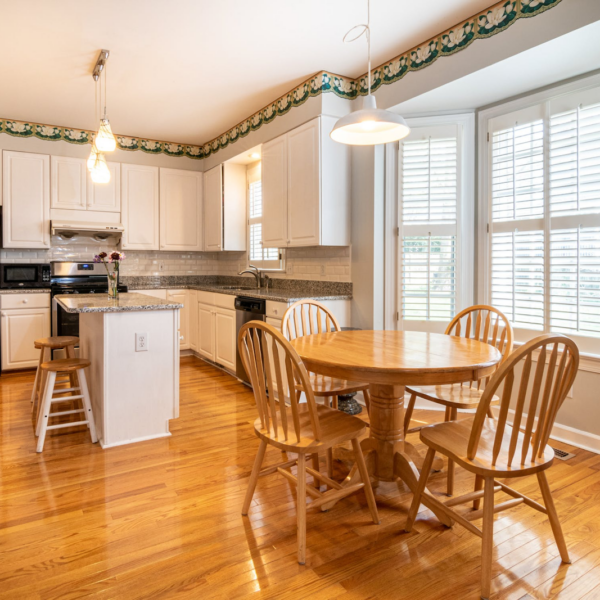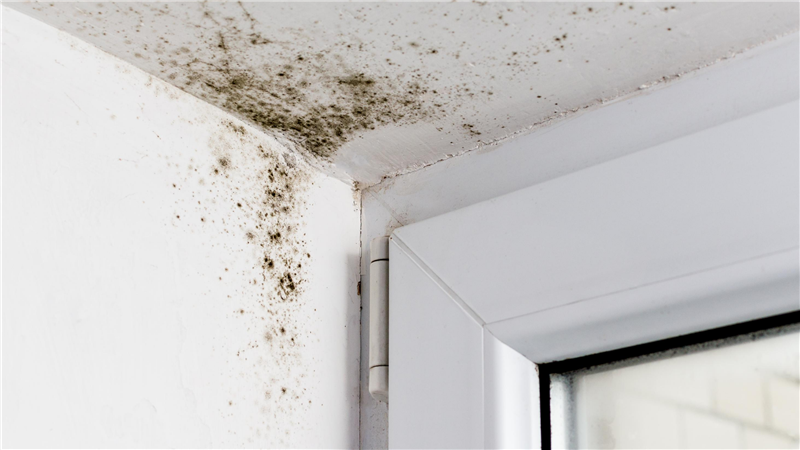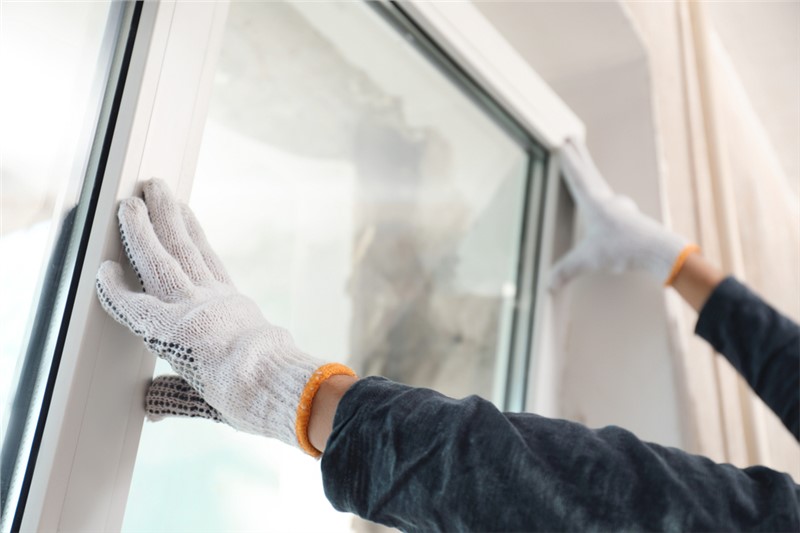If you have ever had the chance to see and explore a few different types of sunrooms, you know that the windows for a sunroom can make or break the design. Because sunrooms can have over 20 windows, the size, style, and materials they are made from will all have an impact on your choices. Different styles of windows for a sunroom can also have very different costs per window, depending on factors such as whether they can move or are fixed in place, and how many panes of glass they have.
Types of Windows for a Sunroom
Fixed Windows
Fixed windows do not open, and can be found most often in sunrooms modeled after solariums; these rooms have almost entirely wall-to-wall and floor-to-ceiling glass and aren’t made to be particularly flexible (i.e. having windows that can open or close).
Picture windows, some bay / bow windows, and most windows with unusual shapes are going to be fixed windows.
Slider Windows
Slider windows open by moving side to side; usually, there are one or two framed panes (sashes) that can move on a track, one in front of the other(s). These are very common windows for a sunroom that are more conservative in design as opposed to those styled after solariums.
Slider windows are essentially all alike in functionality and differ only in size, number of sashes, and materials used to make them.
Double-hung Windows
By far the most popular windows for a sunroom, double-hung windows are the most common style of windows used in homes. Because of this, double-hung windows will work well in a sunroom to help it blend and harmonize with the current look and feel of a home.
Double-hung windows have a sash that moves up and down to open and close. They are like slider windows, except that double-hung windows move vertically whereas slider windows move horizontally.
Casement Windows
Casement windows are windows for sunrooms that open and close with a hand crank. Unlike other types of windows which can only open part-way, casement windows can open fully, allowing maximum air flow into the sunroom.
Casement windows are typically split into two panes, with each operating on its own crank. They can be any shape or size, though most of them are found as tall rectangles.
Awning Windows
Awning windows are some of the best windows for sunrooms because they are like casement windows, only turned on their side. This means that the window still opens outward using a crank, but the hinge is at the top of the window rather than on the side, allowing the window to be open even in wet weather because the window pane becomes a rain shield for the window!
There are other types of windows that can be used for a sunroom, though these are by far the most popular. When considering factors such as energy efficiency (and cost!) one of the most important things to look at is the glass of the window itself. Single-paned glass is more affordable, but is also the least energy efficient. Double-paned windows for sunrooms allow homeowners to meet in the middle in terms of cost and environmental friendliness; they are more expensive than single-paned windows but are much more energy efficient so they are a worthwhile investment. Triple-paned glass windows exist but are much more expensive, making them off-limits to many homeowners looking for the ideal windows for a sunroom project they want to get underway.







